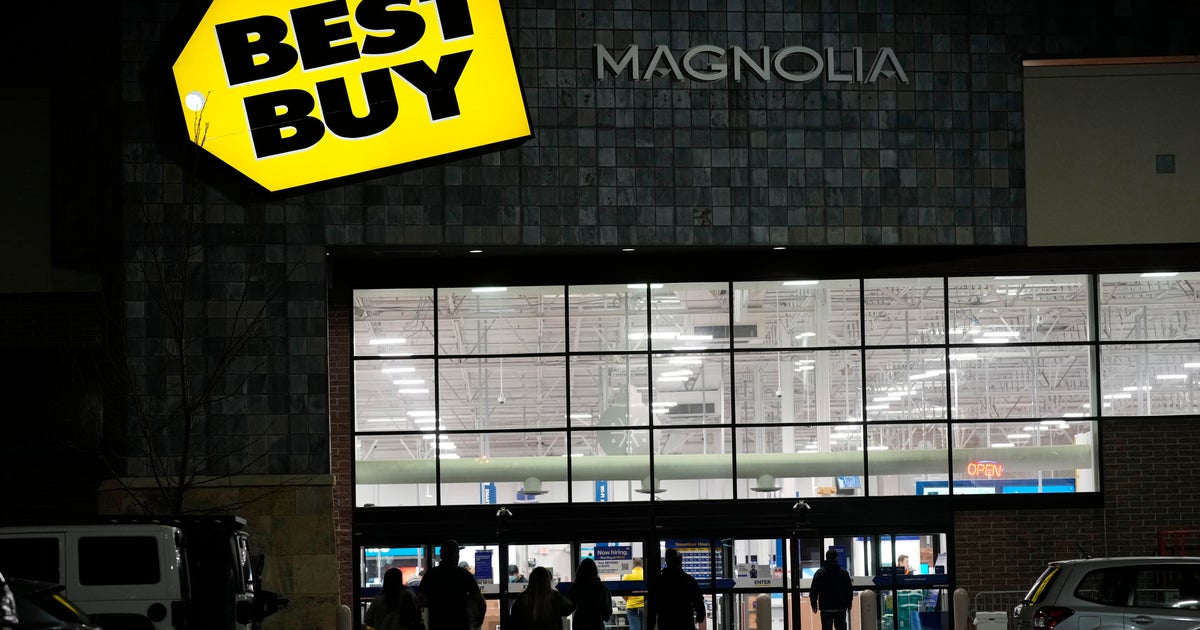Another headwind for the U.S. economy: Not enough truck drivers
A growing shortage of truck drivers may be producing a new problem: faster inflation.
Supply chain bottlenecks are "increasingly feeding into prices" with transportation costs posting a 1.1 percent gain in June, their biggest gain since 2008, according to Oxford Economics. At the same time, the Trump administration's trade policies and tariffs may exacerbate the situation further by pushing up the prices of consumer goods imported from China and other countries.
"It's an issue that might be adding further inflationary pressures at a time when prices are already rising," said Oxford Economics chief economist Gregory Daco in an interview. "I do think it's a factor that is playing a greater role on the margin."
The number of truck drivers has held steady at between 3 million and 3.5 million over the past two decades, according to the American Trucking Association (ATA). Freight volumes are expected to surge by about 37 percent over the next decade. The trade group estimates the industry now has a record shortage of 50,700 drivers, and expects that number to skyrocket to 174,000 by 2026 if "nothing happens."
The overall tight labor market, a lack of female drivers and restrictions of tractor-trailer licenses to people at least 21 years old are among the reasons cited by the ATA for the shortages. Trucking companies have responded by boosting wages, and are backing legislation in Congress to lower the minimum age for tractor-trailer drivers. They are also trying to improve working conditions, which require drivers to spend considerable time away from friends and family.
Sign-on bonuses are becoming increasingly common as competition for employees heats up. Shippers are also trying to improve the working conditions for drivers.
Even so, veterans note that the career isn't for everyone.
"I wouldn't let my kids even think about doing this," said Boris Strabac of Milwaukee, who has been in the industry for nearly 20 years, in an interview with The Washington Post "This is a really, really hard job. On top of that, people don't respect truck drivers. We are treated as the bad guys on the road by other drivers and the police. The majority of police treat drivers like criminals."
The potential problems that can result from the truck driver shortage can be significant.
"If the trend stays on course, there will likely be severe supply chain disruptions resulting in significant shipping delays, higher inventory carrying costs, and perhaps shortages at stores," the ATA says. "Because trucks account for 70.6% of all tonnage moved in the U.S., it is highly unlikely that the driver shortage could be reduced in any significant manner through h modal shift (i.e., shifting a large amount of freight from the highway to the rails)."



